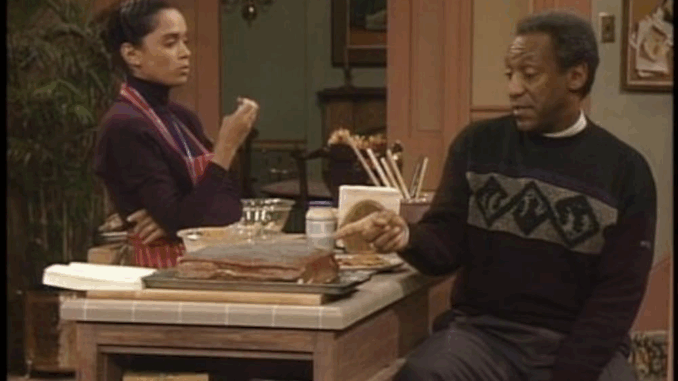
When The Cosby Show premiered on NBC on September 20, 1984, few could have predicted the seismic shift it would create in the television landscape. Over the course of eight seasons, this iconic sitcom not only dominated ratings but also reshaped the portrayal of African American families on screen. Today, it remains one of the most influential shows in American TV history.
A Revolutionary Portrayal of Black Excellence
At the heart of The Cosby Show was the Huxtable family—led by Cliff Huxtable, a lovable obstetrician played by Bill Cosby, and his wife Clair, a sharp and successful attorney portrayed by Phylicia Rashad. Unlike earlier depictions of Black families on television, the Huxtables were affluent, educated, and deeply relatable.
The show offered audiences a refreshing, aspirational look at family life—Black or otherwise. With its mix of humor, life lessons, and social commentary, The Cosby Show transcended race and spoke universally to American families.
Dominating the Ratings and Breaking Barriers
For five consecutive seasons, The Cosby Show was the No. 1 show in America. At its peak, it drew more than 30 million viewers weekly. This level of success was unprecedented for a Black-led series and helped revitalize NBC, which was struggling in the early ’80s.
Beyond ratings, the show broke significant cultural barriers. It opened doors for other Black-centered sitcoms such as A Different World (a spin-off focused on Denise Huxtable), Family Matters, and The Fresh Prince of Bel-Air.
Educational and Cultural Impact
The Cosby Show frequently highlighted the value of education, hard work, and strong family ties. Many episodes featured real-life issues such as learning disabilities, teenage rebellion, and peer pressure—all delivered with warmth and humor. Music, art, and culture—especially jazz—were integral parts of the show’s DNA, introducing generations to the richness of Black culture.
It’s no coincidence that enrollment at historically Black colleges rose during the show’s peak years. The series inspired pride and ambition in young viewers, making the idea of college feel both accessible and desirable.
A Complicated Legacy
In recent years, The Cosby Show has faced controversy due to multiple allegations of sexual misconduct against its star, Bill Cosby. These revelations have forced a reexamination of the show’s legacy.
While some networks pulled reruns, many continue to acknowledge the show’s cultural importance, separating its broader societal impact from the actions of its lead actor. It remains a subject of debate: Can we honor a groundbreaking piece of art while condemning the artist behind it?
Conclusion: A Lasting Influence on Television
Despite the controversy, The Cosby Show‘s legacy endures. It changed how Black families were portrayed on television, reshaped network programming strategies, and proved that inclusive storytelling could be both meaningful and massively popular.
For all its complexities, the series remains a milestone in TV history—one that opened doors and sparked vital conversations that continue to this day.